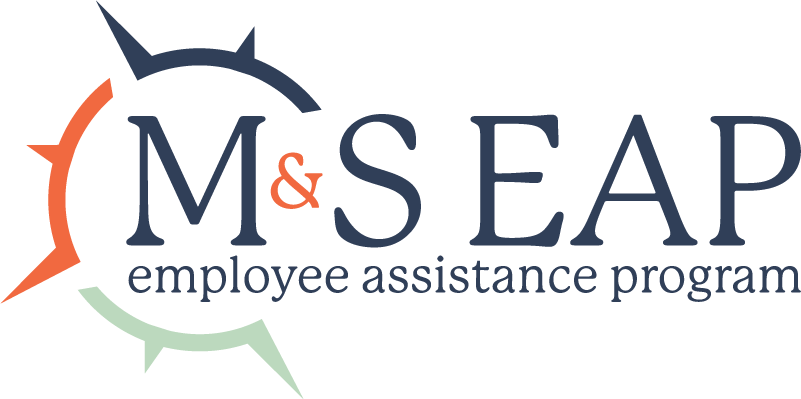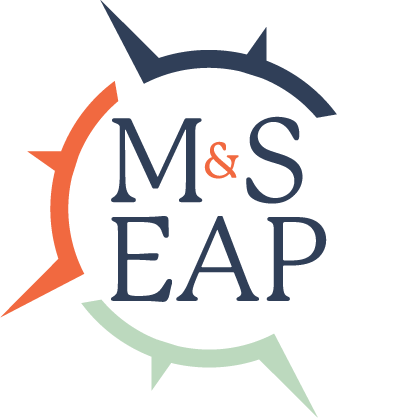The Top 3 Ways an EAP Can Help Your Recovery

Returning to work when you’re in recovery is full of challenges, especially when you’re still adjusting to living a sober lifestyle.
Adjusting to the workforce again can blur the line between your personal and professional roles, and sometimes, personal struggles can leak into your work performance.
Experiencing chronic stress and anxiety can lead to exhaustion and apathy, which can result in a lack of focus and productivity, and even negatively affect the rest of your team.
This is where an employee assistance program can come in.
Today we’re going to break down the top three ways that an employee assistance program can assist you along your recovery journey.
What is an EAP?
An employee assistance program (EAP) is a work-based employee benefits program that is designed to help employees resolve personal problems that are negatively affecting their lives.
One of the main functions of these programs is to tackle these issues before they start to temporarily or permanently adversely affect an individual’s work performance. EAPs cover a broad range of issues, including substance use disorders (drug and/or alcohol addiction).
In addition to supporting their employees directly with an EAP, some organizations even choose to extend the benefits of these programs to the employee’s spouse and children.
Within an EAP, you can typically expect to receive some or all of the below:
- Professional assessments
- Short-term personal counseling
- Coaching services
- Personally relevant resources
- Referrals for additional services
An EAP program can be one of the most beneficial tools at your disposal in recovery.
Benefits of an EAP
It’s no secret that stress — especially work-related — is one of the most influential factors in the deterioration of an individual’s mental health, as well as a trigger for relapse.
This makes EAPs one of the most important assets a company can offer their workers.
Some of the top benefits include:
- An increase in productivity and focus
- Fosters a healthier work environment
- Improves employee retention
- Promotes better personal and team morale
- More willingness (even excitement) to go to work
In addition to these benefits, there are additional ways that an EAP program can help an individual specifically on the road to recovery.
EAP and recovery
Regardless of what stage you’re at in your recovery, an EAP can provide an abundance of helpful resources, practical tools and services, and even certain benefits for other people living in your household.
Here are the top three ways an EAP specifically benefits those in recovery.
1. Peer support in addiction recovery
Transitioning to your new sober lifestyle can feel lonely at times, but utilizing your companies EAP program can help introduce you to people and groups who share the same goal of sobriety and understand the challenges you’re working through.
2. Personal and familial support
EAP provides a wide variety of benefits for you personally, but many of those benefits also extend to certain members of your household (depending on qualifications and relationship). Some of these familial benefits include family counseling, individual counseling and regular check-ins with a counselor, also known as a personal monitoring program.
3. Protect your career
The state of our personal affairs directly impacts our professional life, and sometimes we can be adversely affecting the workplace in ways we can’t exactly see. Taking advantage of an EAP program is one of the most effective ways for resolving personal issues that could be damaging to our career.
Ready to take this next step in your recovery? We’re here to help.
Contact us for additional information
An organization built on service and care, at Mazzitti & Sullivan EAP, we exist to support you.
We are the premier nationwide employee assistance program, and our mission is to empower you in your professional career in all stages of recovery. We create a custom approach to your personal and professional goals based on the culture and needs of your organization.
Working with us, you’re given access to a variety of tools and benefits, including counseling and coaching sessions, services to cover all residents within your home, and additional community resources, such as housing, legal, and others still.
To learn more about how we can help you, call our office anytime at 800-543-5080.


